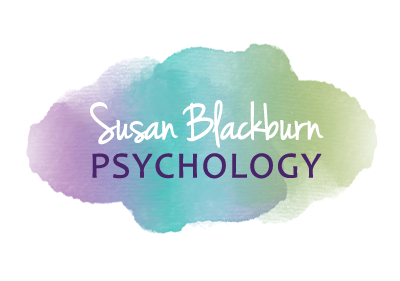Do you often feel worried and anxious?
Do you live your life in a low-level state of anxiety and worry to the point that it feels pretty much normal to you?
Have you experienced full-blown panic attacks, phobias or other anxious symptoms when stressors in your life have caused you to feel unbalanced and overwhelmed?
Anxiety, an emotional and physiological state that everyone encounters from time to time is one of the most common emotional issues in North America.
In fact, statistics show that 25% of people will experience at least one anxiety disorder ranging from mild to severe in their lifetime.
Although our brains are wired through our instinctive ‘fight or flight’ response to feel fear and anxiety in the face of danger, it’s not natural to feel anxious and fearful without a tangible cause.
The stressful lives that many of us lead don’t provide much of an opportunity to really rest and relax, two essential functions needed shut off your ‘fight or flight’ response and it’s accompanying feelings of anxiety, fear and hyper vigilance.
Without the ability to turn off your nervous system’s internal alarm system your anxious symptoms may start to be triggered by less and less serious situations as your body and mind become highly sensitized to respond anxiously.
Some of the anxious symptoms you may experience when your anxious and worried thoughts become unmanageable are:
- Chest pressure
- Shortness of breath
- Muscle tension
- Headaches
- Irrational fears
- Insomnia
- Heart palpitations
- Diarrhea
- Gastrointestinal Distress
- Irritable Bowel Syndrome
- Nausea
- Shakiness
- Jumpiness
- Irritability
Relief from anxiety comes from restoring your emotional and physical wellbeing in a number of ways.
- Talk with your family doctor to make sure that you receive the medical advice and treatment that you need.
- Avoid processed food, simple sugars and simple carbohydrates and eat real, whole foods including fruit and vegetables and drink lots of water.
- Engage in at least 30-60 minutes of physical activity daily
- Practice mindfulness meditation or yoga
- Set a regular sleep/wake schedule and get plenty of sleep
- Cultivate an attitude of gratitude to shift your thought patterns
- Journal to explore your emotions and get in touch with your feelings
- Build your self-confidence by living a passionate and purposeful life
Don’t worry about doing everything at once.
Go slowly and take one step at a time to bring your mind and body back into balance. With dedication and commitment to overcoming your anxious and worrisome thoughts you will begin to feel better than you ever thought possible.









